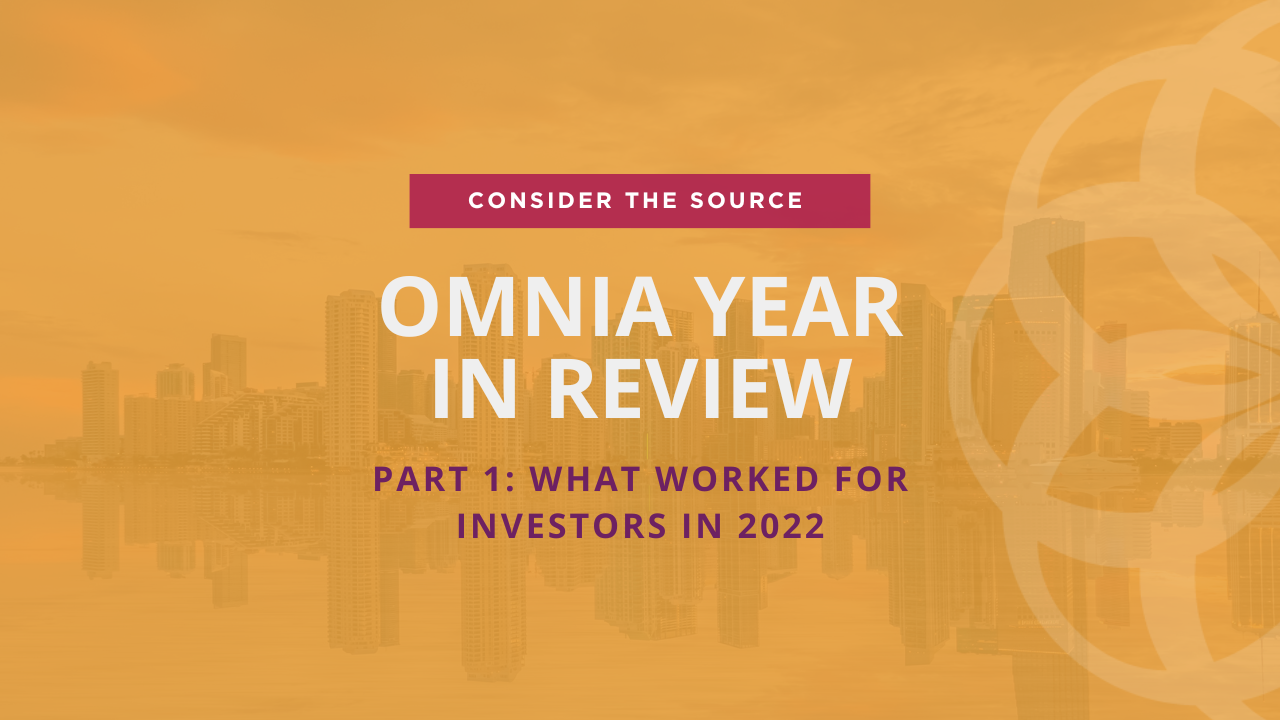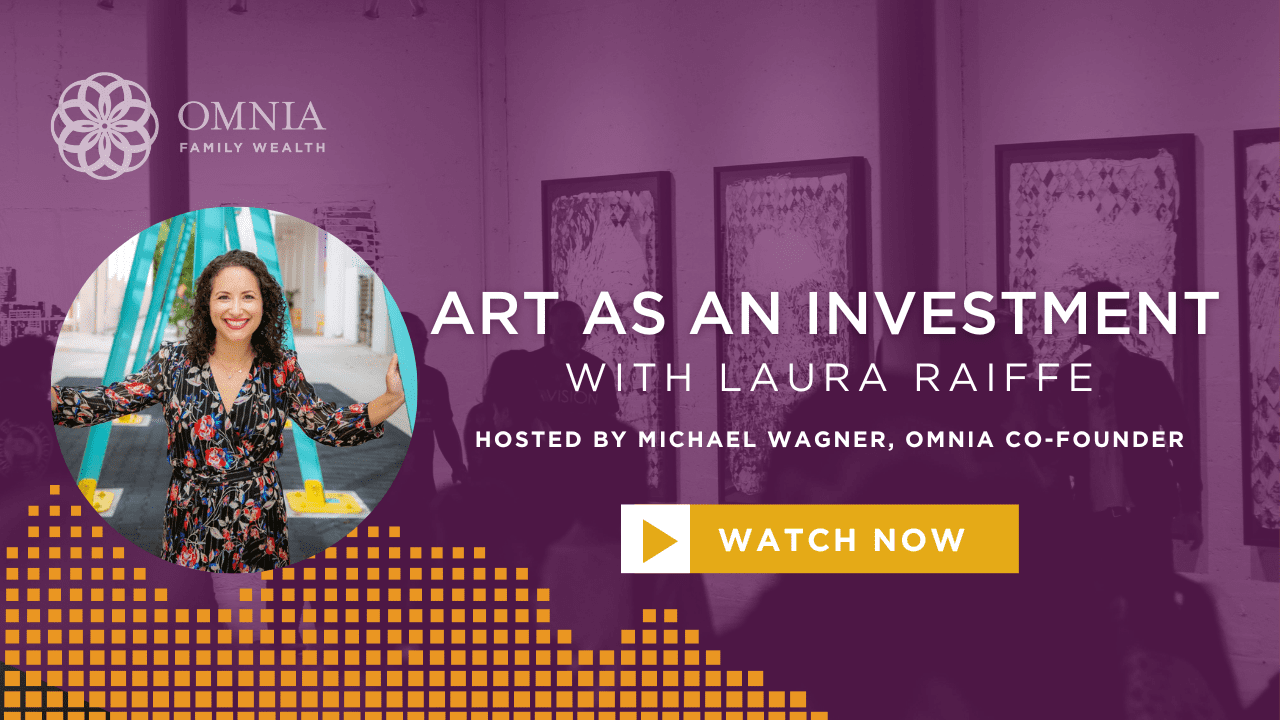
GameStop: What the Heck Happened?
Many of you heard the words GameStop and Reddit for the first time this week. Don’t worry, you’re not the only one. Both certainly have everyone’s attention now, but why?
What we’re seeing is an intersection of internet meme culture, increased access to information, increased ease of trading and access to financial derivatives, an eat-the-rich sentiment, and the coronavirus pandemic.
We are approaching the one-year anniversary of broad lockdowns in the United States due to the coronavirus pandemic. Almost overnight, entire industries faced an existential crisis. Among the most challenged were brick and mortar retail merchants. GameStop is one such merchant, and its business prospects weren’t spectacularly rosy pre-pandemic anyway. The video game industry is large and thriving. Big-budget video games can cost as much to produce and generate revenues comparable to or even exceeding globally released blockbuster movies. However, the recent proliferation of high-speed internet has made it much easier to transmit large files quickly, rendering brick-and-mortar game retailers obsolete. Many have compared GameStop to Blockbuster Video.
And then there are the hedge funds… People like to talk about hedge funds as if they’re a homogenous group. They are not. There are many different strategies employed by hedge funds in order to generate meaningful returns on capital for their investors. Shorting is one tactic hedge funds use to try to beat the market. When you sell something “short,” you are actually borrowing that stock and instantly selling it on the open market. You are thus “short” the position since you have sold something that you actually don’t own. If the price of that stock drops, you are able to repurchase it at the new lower price, return the shares to a market dealer, and collect your profit. If, however, the stock goes up in value and you want to close out your position, you still need to purchase the security on the open market to close out your position, resulting in losses.
There are a number of companies that are facing fundamental and secular headwinds that have become a target for shorting by hedge funds. GameStop is just one of them.
Then enters the Reddit crowd. Decidedly anti-Wall Street, anti-shorting, and pro-GameStop, this group of individuals decided to start buying shares of GameStop. Some held a genuine belief that GameStop had a good chance of reinventing itself and was undervalued by the market. Others simply wanted to stick it to the hedge funds. Regardless of their motivations, their purchases of GameStop drove up the share price, putting pressure on the shorts. In order to close out their short positions, hedge funds also had to buy shares of GSE, pushing the price up even higher. This feedback loop could be referred to as a “melt-up” or even an “upcrash.” Before you knew it, the “GameStop trade” went viral and drew the focus of both financial and mainstream media outlets. Some hedge funds booked significant losses, and many day traders saw very impressive returns in their trading apps.
Of course, until you sell, those are just paper gains. Clearly, people have begun to do just that. GameStop’s share price has been on a steady decline since the hysteria peaked.
At the end of the day, we have just lived through this famous market saying: “The market can stay irrational longer than you can remain solvent.” There is little rational basis for GameStop’s atmospheric rise and nauseating fall. In this case, some hedge funds were burned by an irrational market. It’s much harder to discern how individual traders made out.
Over long periods of time, we do believe that the US stock market is rational and efficient. There can be periods of irrationality and inefficiency, however. This GameStop saga feels like something we see in the later stages of bull markets. Former Federal Reserve Chairman Alan Greenspan’s “irrational exuberance” term feels fitting here as well.
For long-term investors, this is an interesting story but not one that should affect their strategy or faith in markets. As always, what is important is having a solid plan and the discipline to stick to that plan.









